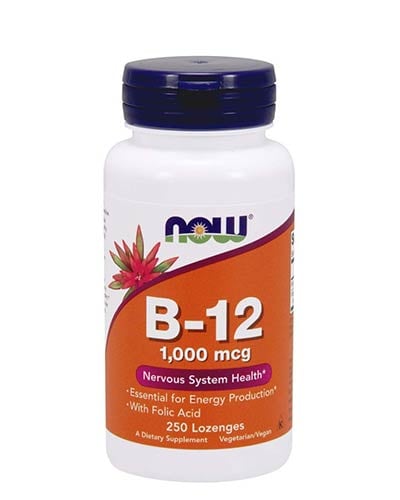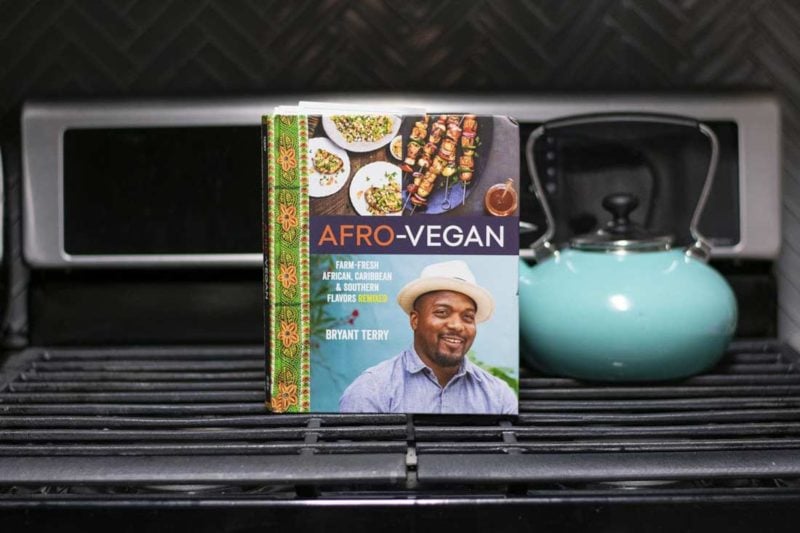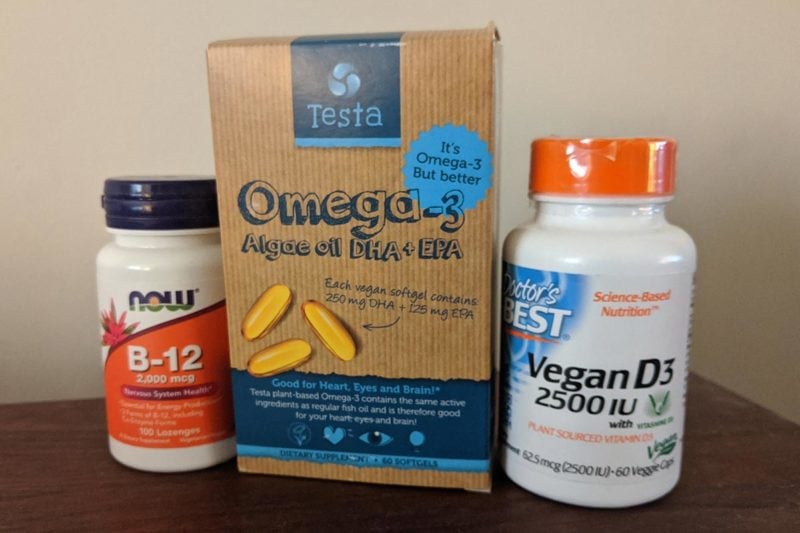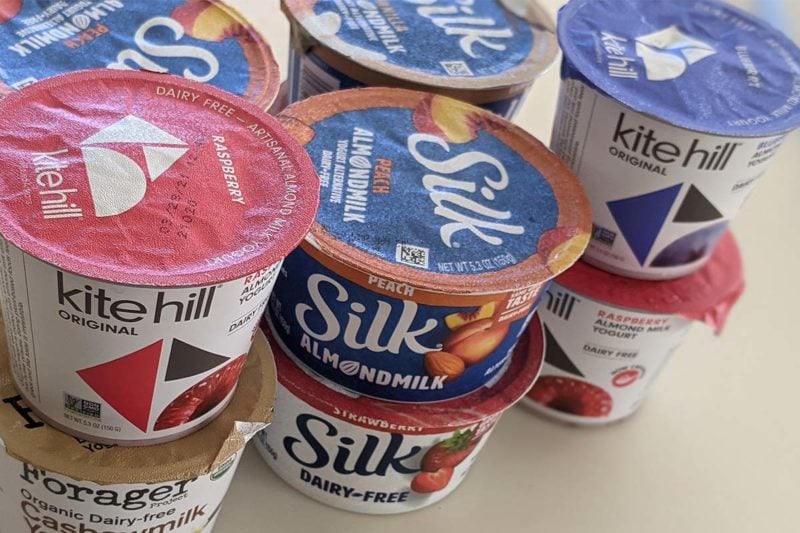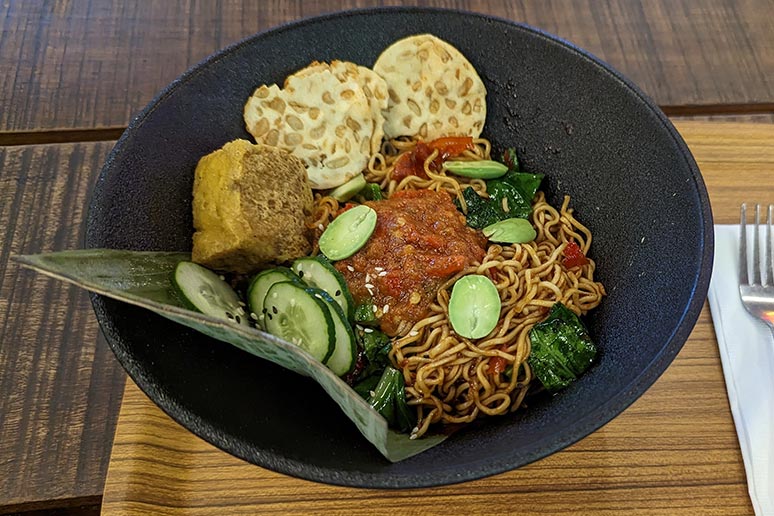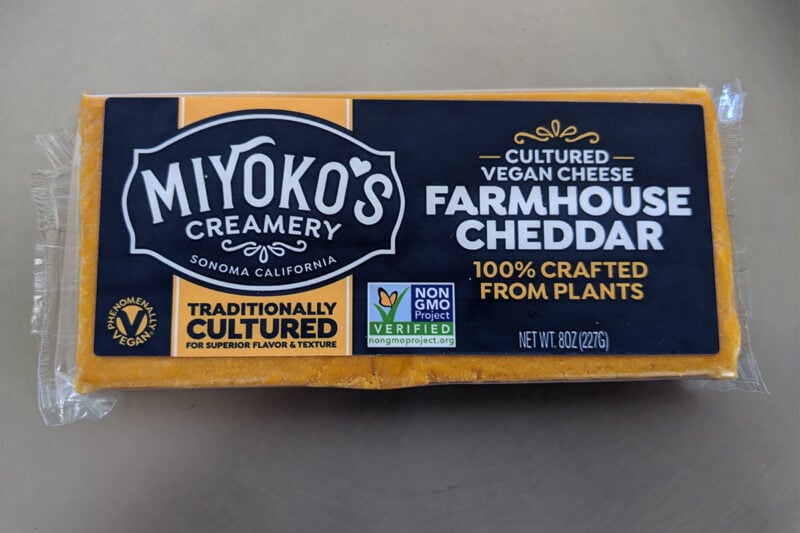Carmine is a bright red dye commonly used to color food and cosmetics. When purchasing any sort of red or pink makeup, vegans should check the ingredients for carmine.
Is Carmine Vegan?
Carmine is made by boiling and grinding up cochineal beetles, and is therefore not vegan.
Some people argue that insects are not sentient. But all insects have brains and relatively complex nervous systems, so they therefore possess at least some ability to suffer.
Cochineal beetles are native to desert environments and were historically gathered from prickly pear cactus. It was among the first pigments used to dye clothing, and archaeologists have recovered these garments from neolithic sites. Fortunately, few textiles use carmine anymore, since modern dyes are cheaper and much more colorfast.
About 20 percent of a cochineal beetle’s body weight is carminic acid, the pigment that gives carmine its deep red hue. Since cochineal beetles are just a half-centimeter long, a large number must be killed to create a small amount of dye.
What Products Contain Carmine?
Carmine may appear in these products:
- Blush
- Candy
- Eye Shadow
- Food
- Ink
- Packaged juices
- Lipstick
- Paint
- Red clothing
- Food Coloring
As long as the beauty items you purchase are vegan, they will never contain carmine. Our makeup guide lists the top vegan brands from every category.
Carmine Derivatives and Alternate Names
Carmine derivatives include cochineal extract, crimson lake, natural red 4 and E120. All of these commonly appear on food and cosmetics labels. Contrary to what some websites say, Red #40 (a coloring agent found in candies like Red Vines) does not contain carmine—it’s actually produced from coal.
The most wholesome source of red coloring are extracts from vegan foods like strawberries, radishes, and beets.


